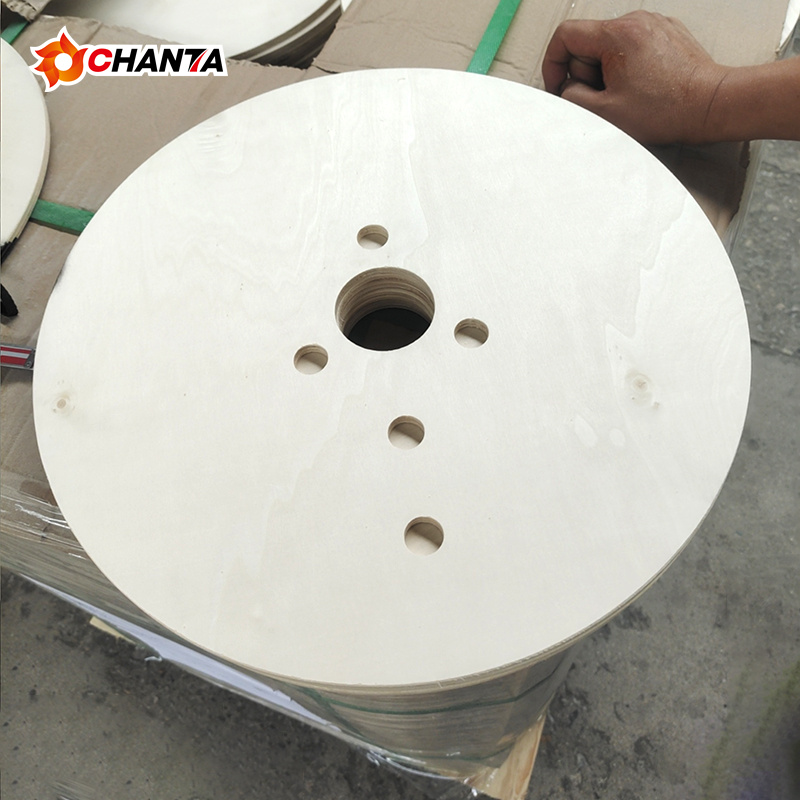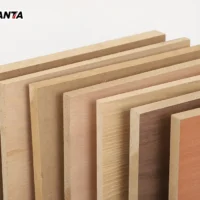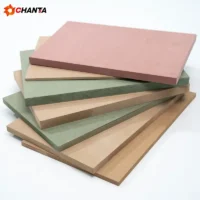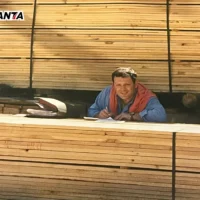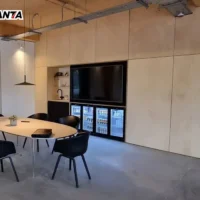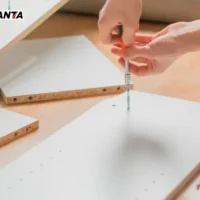Table of contents
Concrete construction projects demand materials that can handle pressure, moisture, and multiple reuses. That’s where birch plywood comes in. If you’re searching for the best birch plywood for concrete work, it’s important to focus on durability, water resistance, and surface finish. Let’s explore how birch plywood performs in formwork and how to select the right grade for your next construction job.
Why Birch Plywood Stands Out in Formwork Applications
Birch plywood features a dense core with uniform layers. This structure offers impressive strength and dimensional stability—qualities essential for formwork systems. Unlike softwood plywood, birch resists bending and surface damage under the weight of wet concrete.
Key Benefits of Birch Plywood in Concrete Work
- High load-bearing capacity: Birch can support heavy concrete loads without deformation.
- Excellent screw-holding strength: Ensures formwork stays tight and secure during pouring.
- Smooth phenolic coating: Creates clean concrete surfaces and allows easy stripping.
- Moisture resistance: With WBP glue and film coating, birch withstands water exposure.
- Reusability: Premium birch plywood panels can be reused 10–30 times with proper care.
Features of the Best Birch Plywood for Concrete Formwork
Not all birch plywood performs equally. The best options for concrete work share several important characteristics:
1. WBP (Weather and Boil Proof) Glue
WBP glue forms a waterproof bond between the veneers. It protects the plywood from delamination in wet environments, ensuring panels hold up through multiple pours and cleanings.
2. Phenolic Film Coating
The best birch plywood comes with a phenolic resin coating (often black or brown) that seals the surface. This coating makes concrete release easier and protects the wood from moisture and abrasion.
3. 100% Birch Core
Look for panels made entirely from birch veneers. Some low-cost options use mixed cores, which reduce durability and consistency. A full birch core improves strength and edge stability.
4. Smooth Surface Finish
A uniform, defect-free surface minimizes concrete blemishes and reduces surface treatment time after stripping. Choose panels with at least 120g/m² film weight for better finish and lifespan.
Typical Specifications of Concrete-Grade Birch Plywood
- Thickness: 18mm is the most commonly used for formwork
- Size: 1220x2440mm (4’x8’) standard sheets
- Film color: Black or brown phenolic film
- Glue type: WBP Melamine or WBP Phenolic glue
- Edge sealing: Waterproof paint on edges for extra protection
Where to Use Birch Formwork Plywood
Contractors use birch film faced plywood in a wide range of concrete-related applications, including:
- Columns and beams
- Slabs and foundations
- Walls and retaining structures
- Infrastructure projects like bridges and tunnels
- Prefabricated formwork systems
Tips for Maximizing Reuse
To get the most value from birch plywood sheets, follow these usage and maintenance tips:
- Clean the surface immediately after use
- Store sheets flat in a dry area
- Reapply edge sealant if sheets are cut
- Avoid dropping or dragging to prevent damage
- Use release oil on the film surface before each pour
Conclusion: Choose Quality to Get Better Results
The best birch plywood for concrete work combines strength, water resistance, and surface finish. When you select 100% birch core panels with WBP glue and a durable phenolic film, you invest in a product that lasts longer, performs better, and saves money through reuse. Whether you’re pouring slabs, building bridges, or setting up high-rise formwork, premium birch plywood helps you deliver quality results every time.

